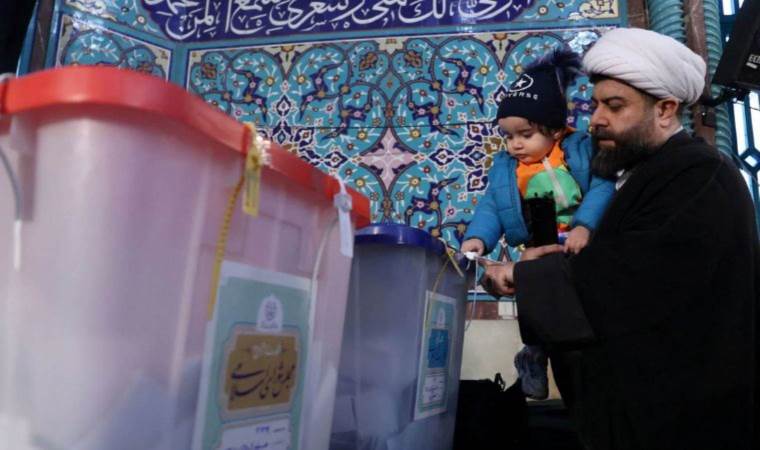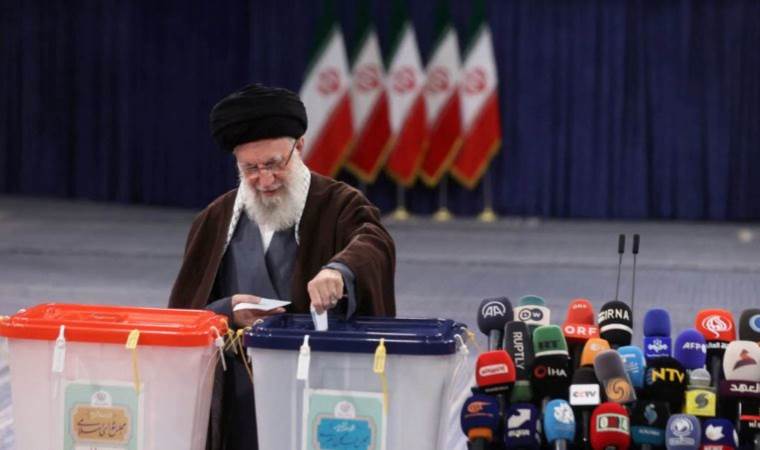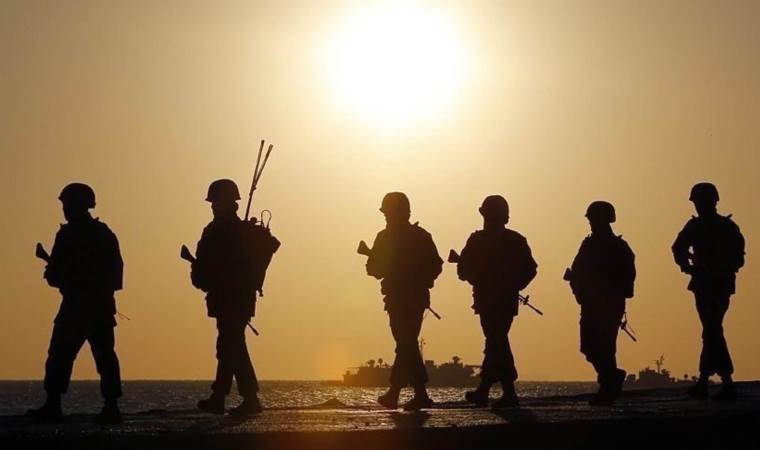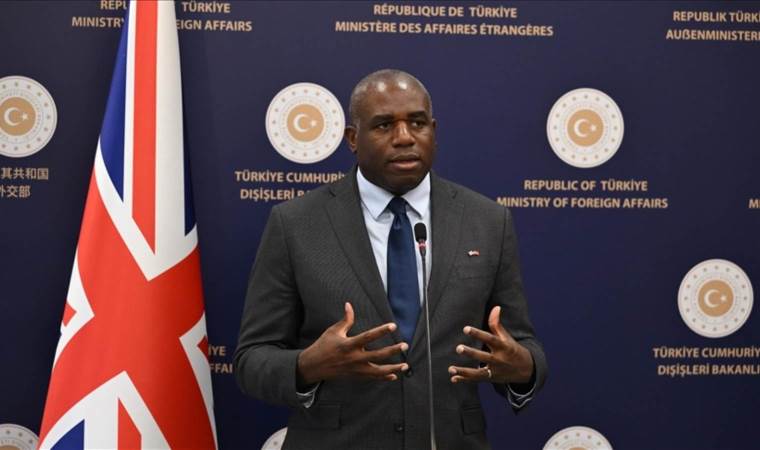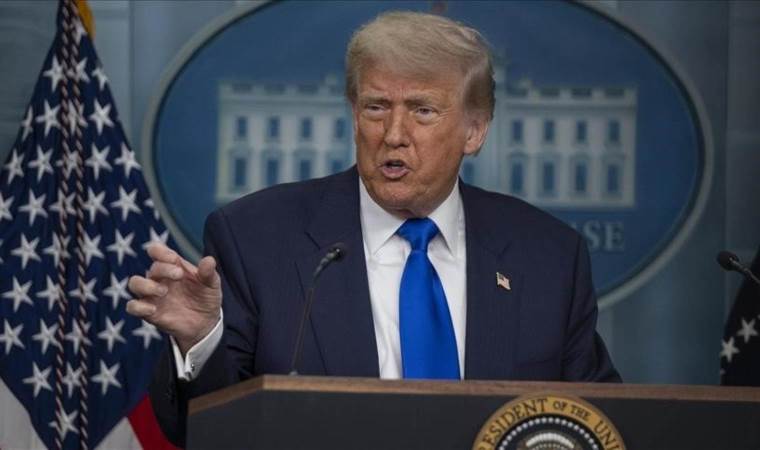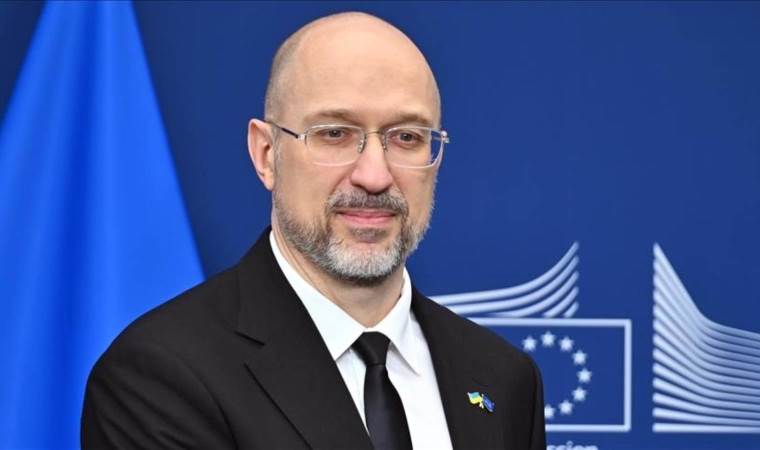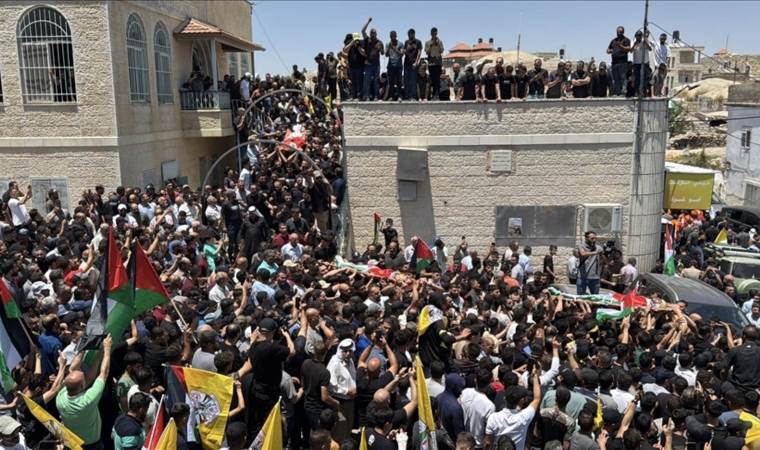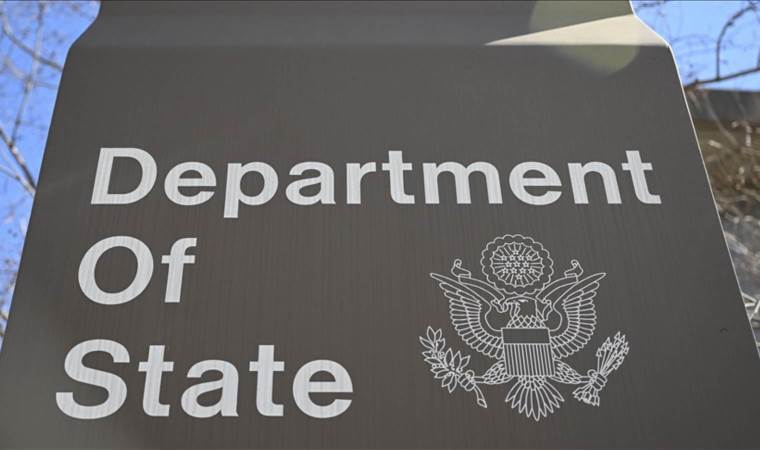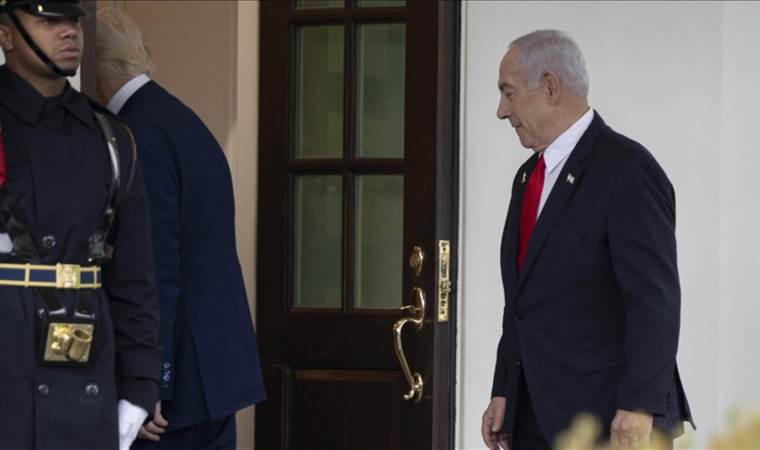Iran vows retaliation: Embassy attack in Damascus sparks threats of escalation
Iran has vowed to retaliate against Israel after an airstrike targeted the Iranian embassy compound in Damascus, killing two of its top generals and five military advisers.
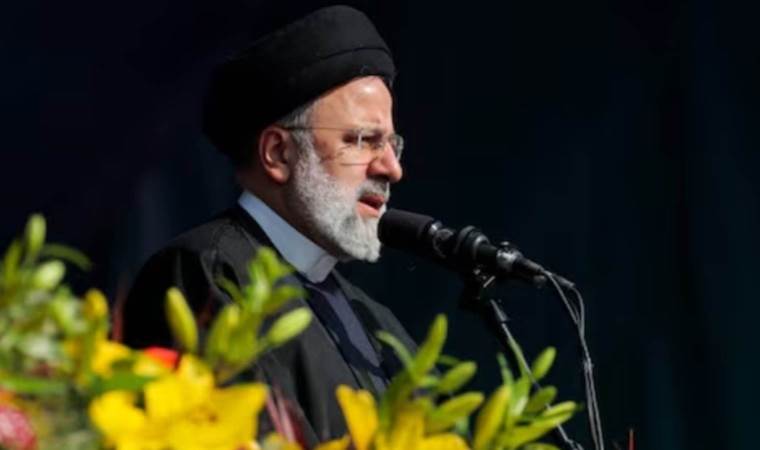
This incident has escalated tensions, highlighting the potential for further conflict. The attack, occurring amid the ongoing Gaza war, represents a significant escalation in a region already fraught with strife. Although Iran has historically avoided direct conflict with Israel, supporting allies in proxy attacks, this event may mark a shift.
Israel has not officially acknowledged the attack, which also resulted in the destruction of a consular building next to the embassy in Damascus's upscale Mezzeh district. However, a senior Israeli official suggested the individuals targeted had been involved in attacks against Israeli and American interests, with plans for more. Despite this, the official stated the embassy itself was not the intended target.
Iranian Supreme Leader Ayatollah Ali Khamenei and President Ebrahim Raisi have both issued strong statements promising retaliation against Israel, framing the attack as part of ongoing attempts to undermine the resistance front against Israel. These developments occur as Iran continues to support groups across the Middle East, including Hezbollah, which also reported casualties in the strike.
This strike is among the boldest direct actions against Iranian or Iran-backed targets in Syria, following a history of Israeli airstrikes aimed at curbing Iran's military influence in the region. The incident has drawn international attention, with Iran calling it a flagrant violation of international law and urging the United Nations Security Council to condemn the attack. The strike has significant implications for regional peace and security, with Tehran reserving the right to respond decisively.
The attack's fallout includes a tragic toll from the renewed conflict between Hamas and Israel starting on October 7, with substantial casualties reported on both sides. This complex web of regional conflicts, alliances, and retaliatory actions underscores the volatile nature of Middle Eastern geopolitics, where a single incident can rapidly escalate into a broader conflict.
Most Read News
-
 North Korean military training delegation to visit Russi
North Korean military training delegation to visit Russi
-
 Billionaire Musk vows to launch new political party if c
Billionaire Musk vows to launch new political party if c
-
 UK foreign secretary praises Türkiye's efforts to broker
UK foreign secretary praises Türkiye's efforts to broker
-
 Trump says Musk would ‘head back to South Africa’ withou
Trump says Musk would ‘head back to South Africa’ withou
-
 Ukraine’s premier urges more demining support in meeting
Ukraine’s premier urges more demining support in meeting
-
 European diplomats visit West Bank town after deadly att
European diplomats visit West Bank town after deadly att
-
 Poland’s president calls on gov’t to stop entry of migra
Poland’s president calls on gov’t to stop entry of migra
-
 US may remove Hayat Tahrir al-Sham group from terror lis
US may remove Hayat Tahrir al-Sham group from terror lis
-
 Israeli prime minister says he will visit Washington nex
Israeli prime minister says he will visit Washington nex
-
 Thai premier suspended over leaked audio amid border dis
Thai premier suspended over leaked audio amid border dis
